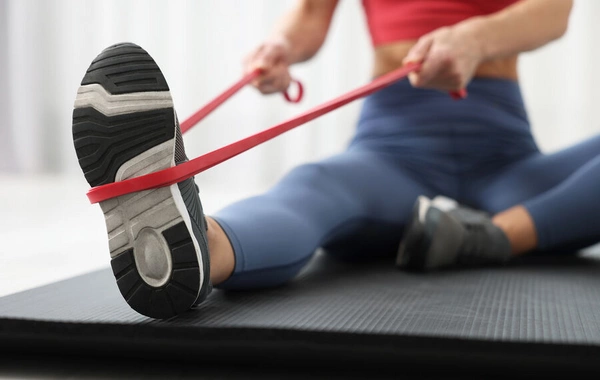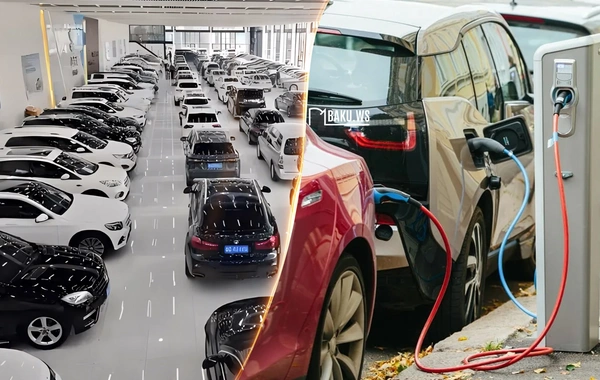7 amazing facts that will make your head spin
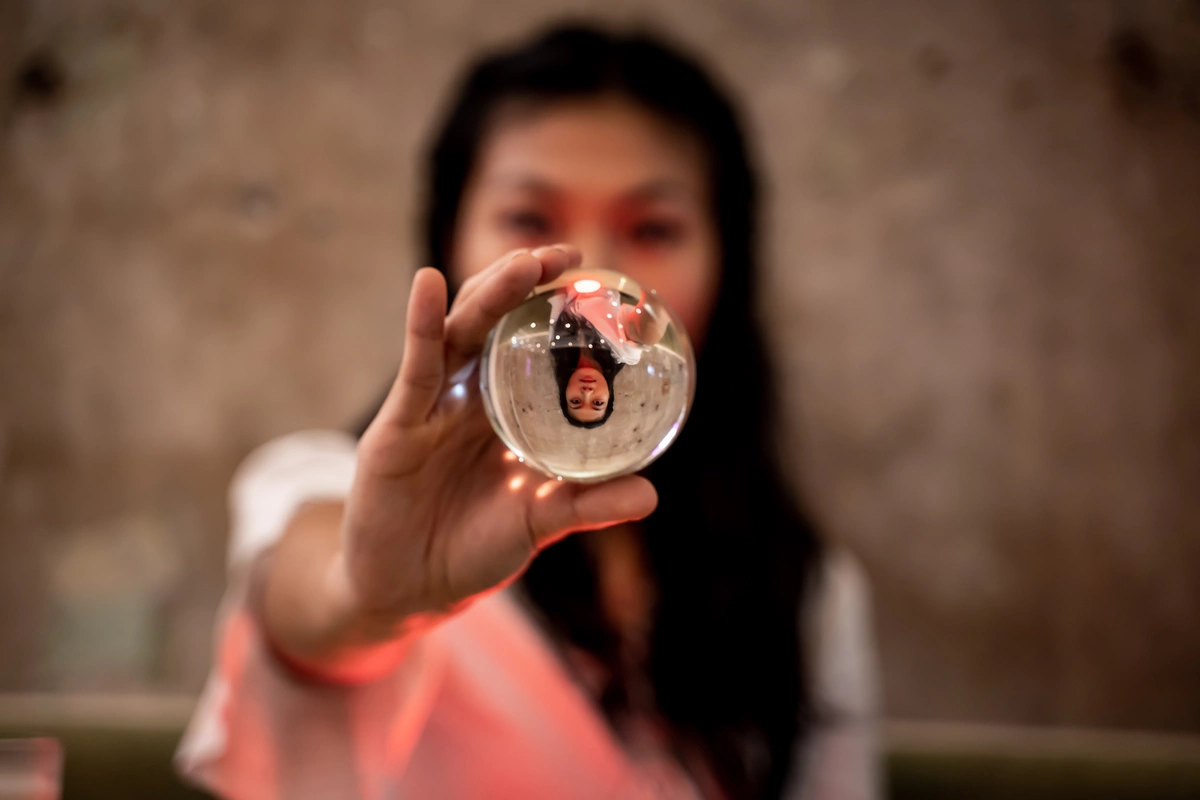
1. A glass ball can bounce higher than a rubber one

Intuitively, it seems that an elastic material like rubber should have better bouncing qualities. However, if you drop glass and rubber balls of the same size onto a steel surface, the glass one often bounces higher.
Physics explains this through the difference in elasticity. Rubber deforms upon impact and absorbs some of the energy, converting it into heat. Glass barely deforms, which allows it to preserve most of the energy for the reverse upward movement. But there's a nuance: when hitting a surface that's too rigid, glass may break.
2. Ketchup becomes thinner when shaken
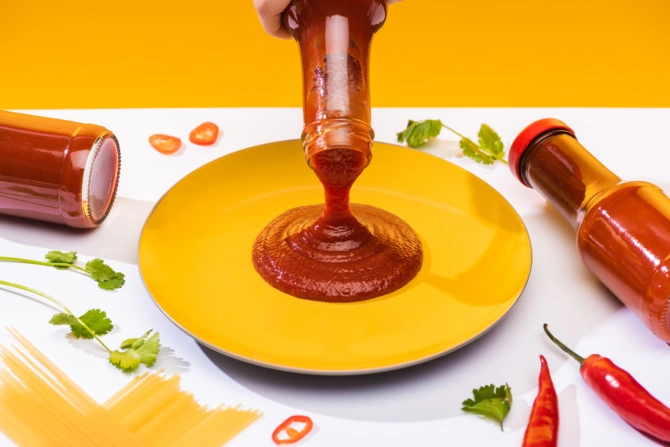
Ketchup belongs to so-called non-Newtonian fluids - its viscosity changes depending on the applied force. At rest, it behaves almost like a solid substance, but when shaken it becomes liquid. This explains why ketchup "gets stuck" in the bottle, and then suddenly pours out in a stream after shaking.
Similar behavior is also demonstrated by toothpaste, liquid sand, or shower gel. This is a direct manifestation of non-linear physics that we encounter daily.
3. At the equator, you move at a speed of about 1670 km/h
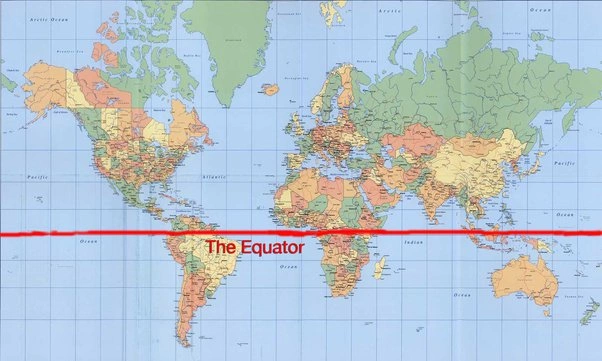
Although it feels like complete stillness, in fact, every person at the equator rotates with the Earth at a speed of about 1670 km/h. This speed is due to the rotation of the planet, which makes a complete revolution in 24 hours.
The speed decreases as you approach the poles and reaches zero at the geographic poles. We don't feel the movement because we rotate synchronously with the Earth's surface and don't experience acceleration.
4. Hot water can freeze faster than cold water
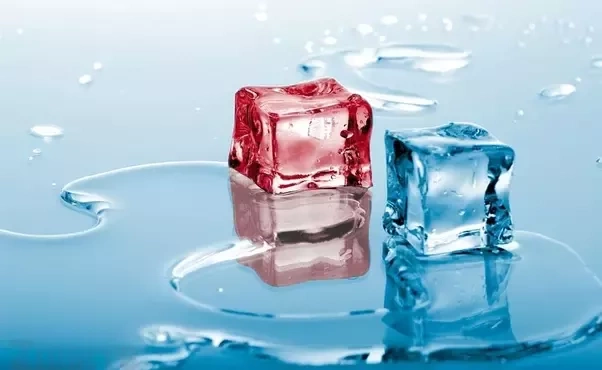
This phenomenon is known as the Mpemba effect, named after Tanzanian schoolboy Erasto Mpemba, who in the 1960s noticed that hot ice cream mix freezes faster than cold mix.
There are several explanations: rapid evaporation of hot water, more active circulation, and loss of dissolved gases. Scientists still haven't reached a consensus, and the Mpemba effect remains a subject of study and debate.
5. The shelf life of water depends on the bottle, not the water
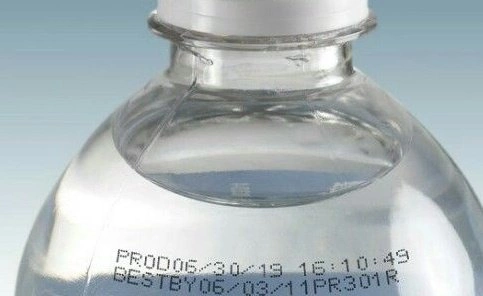
Bottled water doesn't spoil by itself, but plastic containers can begin to release harmful compounds after 1.5-2 years of storage. This is the period indicated as the "shelf life."
Over time, plastic loses stability under the influence of light and temperature. This can affect the taste, smell, and even safety of the water. Therefore, an old bottle of water, especially one stored in a car or in the sun, may not be as harmless as it seems.
6. Lake Hillier in Australia is naturally pink
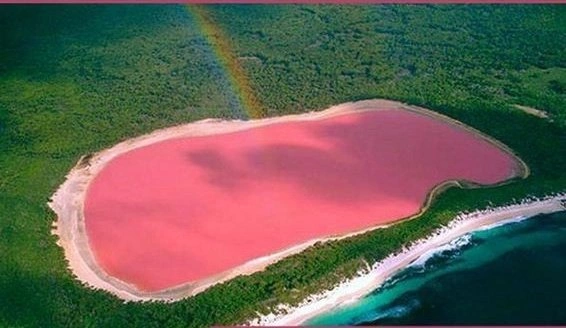
On Middle Island in Western Australia, there is a unique Lake Hillier. Its water has a stable pink h
Similar News
A simple way to add healthy activity to your life has been named
New Year's resolutions are most often associated with the desire to lead a more active lifestyle, however, experts assure: exhausting workouts are not necessary...




 Azərbaycanca
Azərbaycanca  По-русски
По-русски  English
English 
